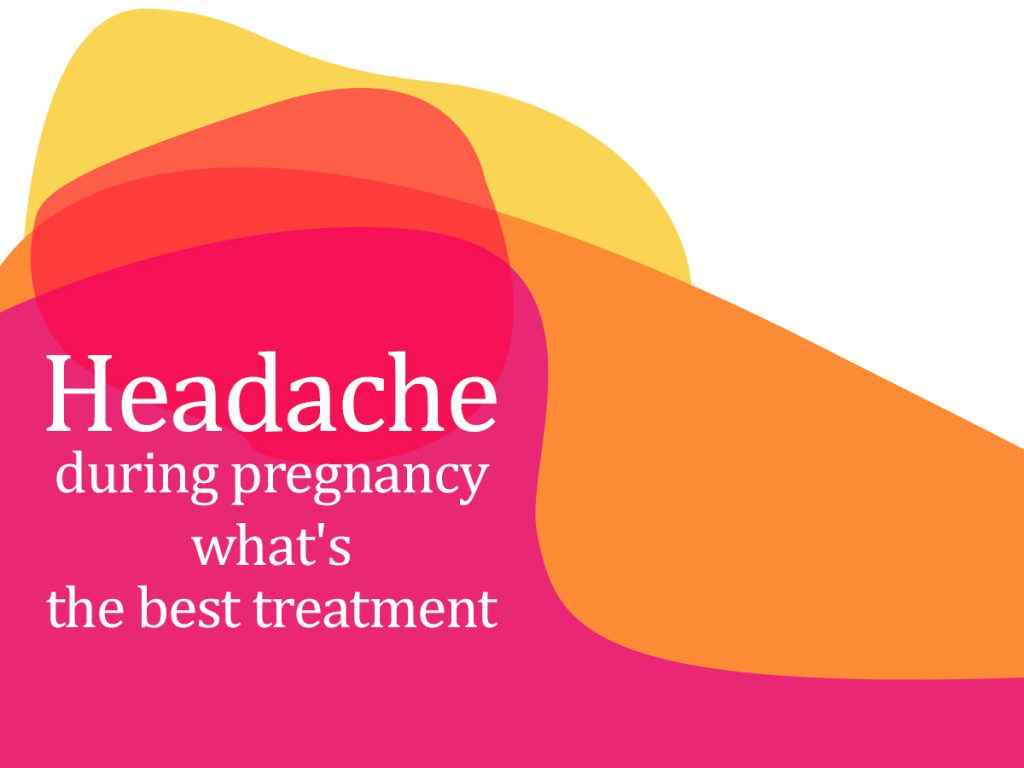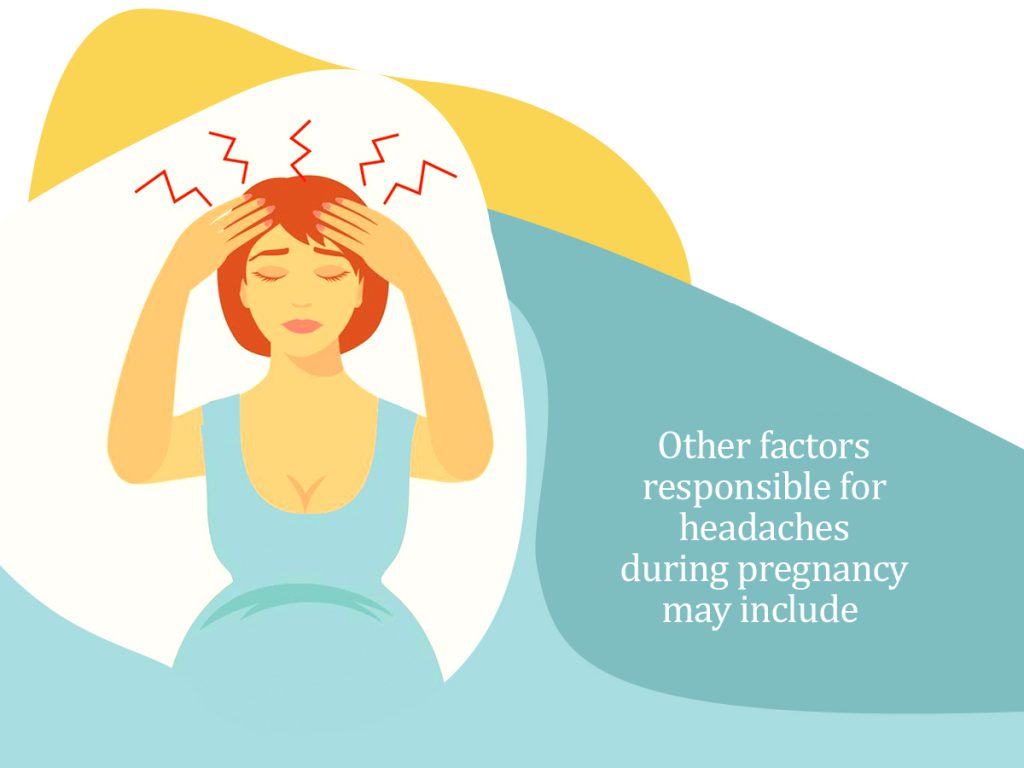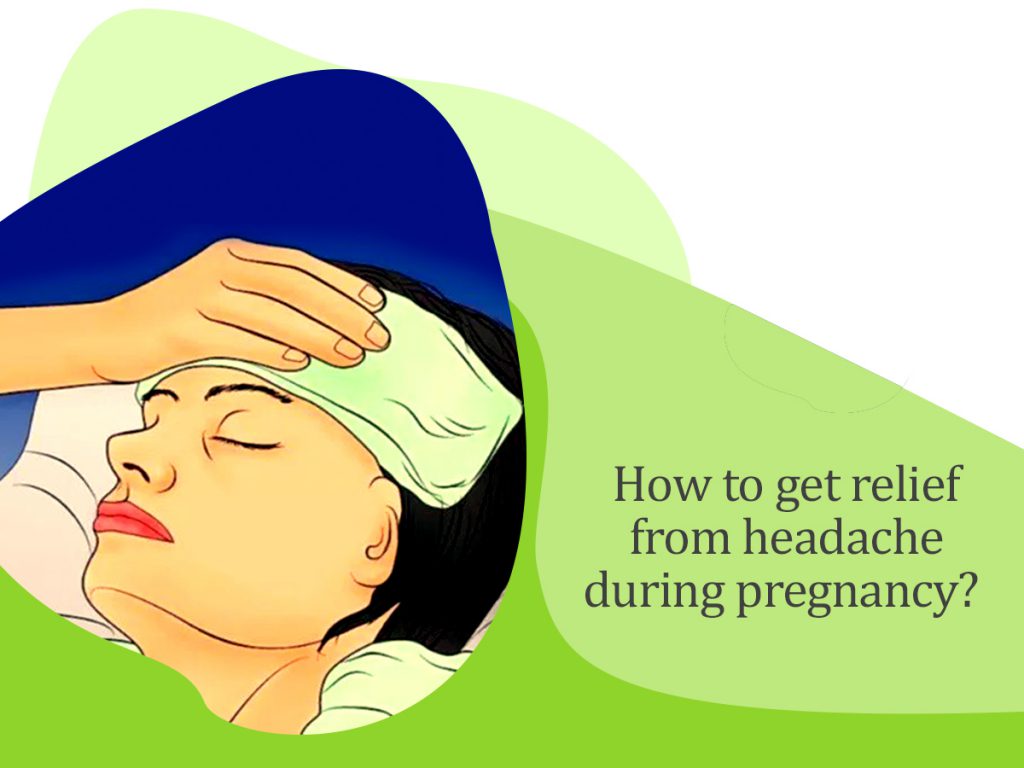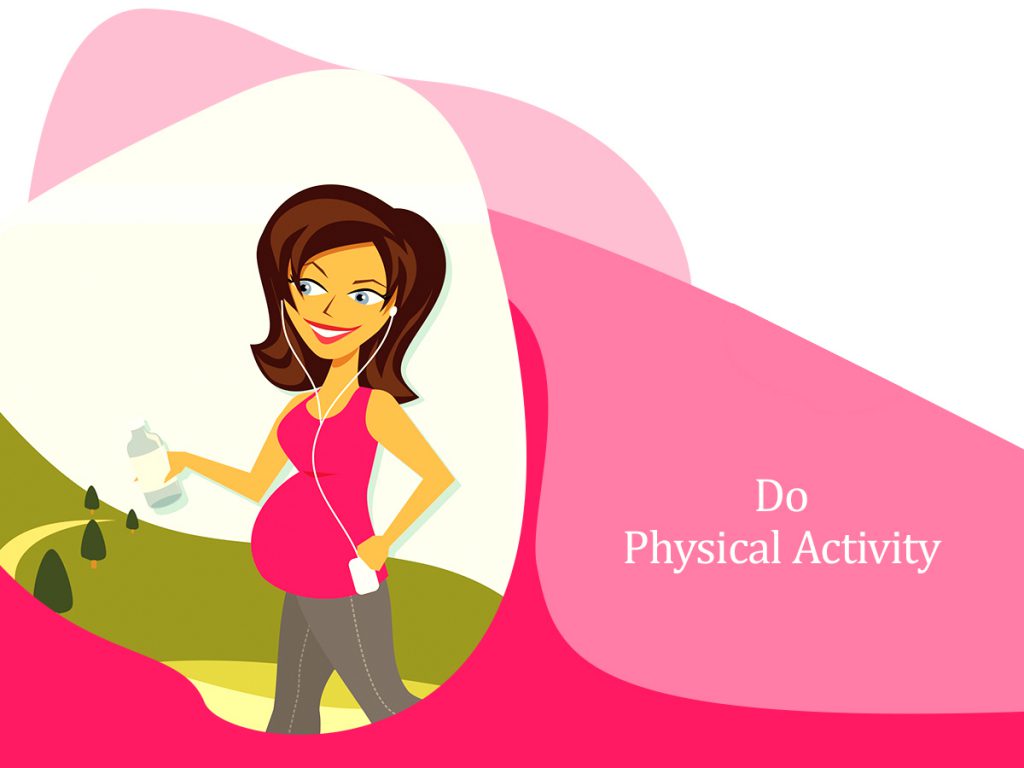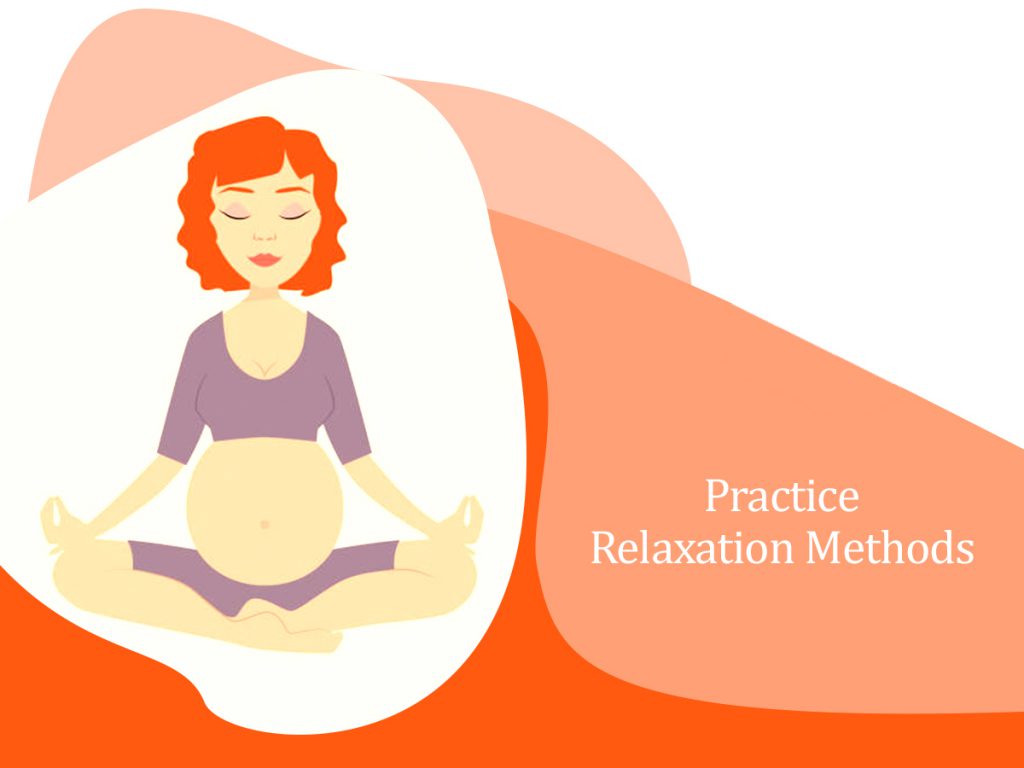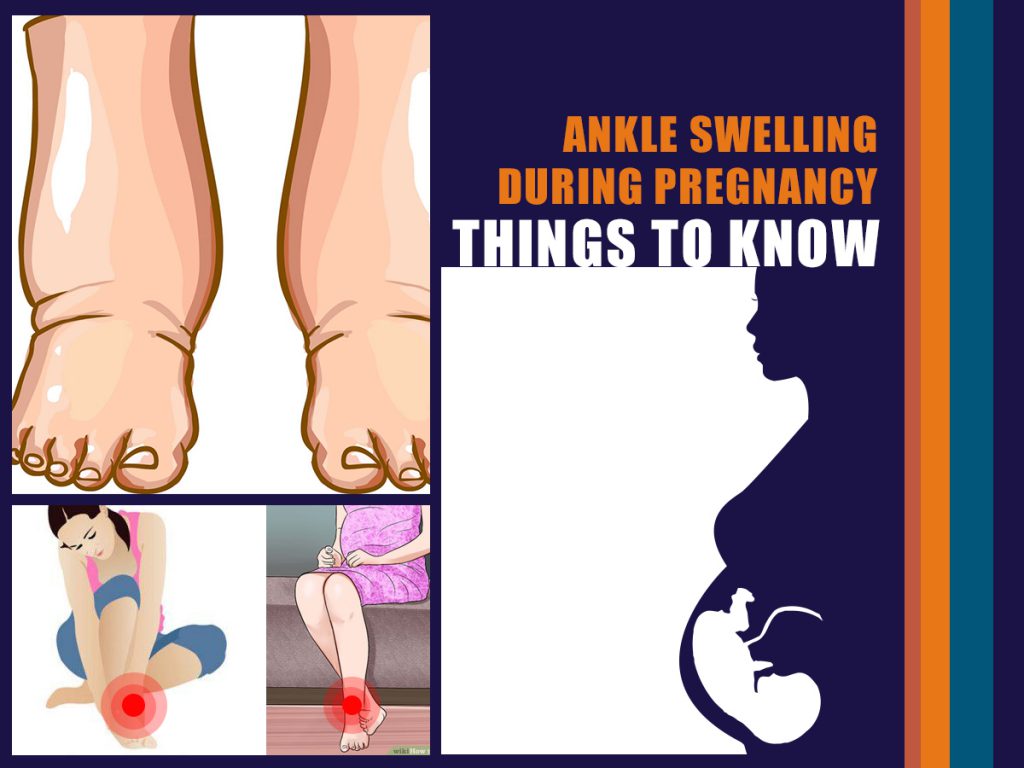
When you’re pregnant, your belly is not the only thing that swells. You may notice mild swelling throughout the body, particularly in the ankles and feet. As the body produces around fifty percent more blood and fluids to fulfil the needs of the growing baby, swelling is a normal part of a pregnancy. However, the amount of swelling you experience may vary and by the end of the day become more and reduce after a night’s sleep. Swelling could be more in women with multiples pregnancies or having excessive amniotic fluid.
Causes of Swelling
Also known as Edema, ankles and feet swelling during pregnancy is a common thing that goes away after childbirth. There are various factors responsible for the swelling. Along with the extra body fluid, the growing uterus, hormonal changes etc. are also responsible for ankles, feet and leg swelling. The uterus which constantly grows during pregnancy puts pressure on the pelvic veins and the large vein impairing the return of blood to the heart and results in swelling.
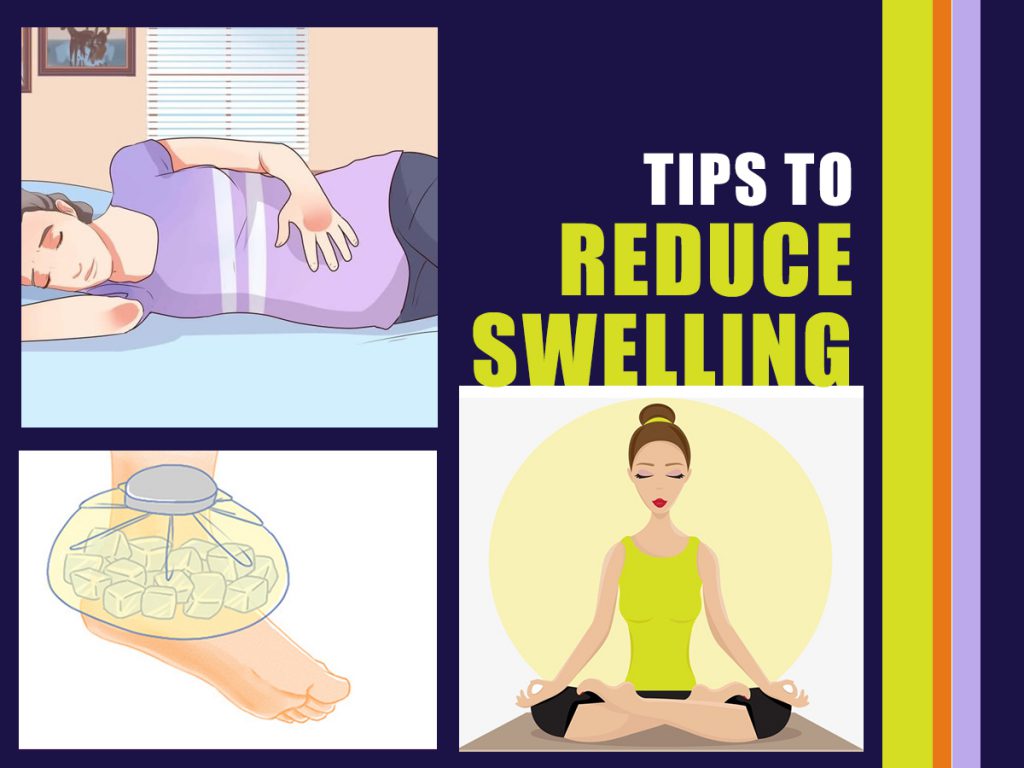
Though mild ankles and feet swelling is normal and goes away with the completion of pregnancy, but a sudden increase in swelling may indicate that the blood pressure is higher than normal. This could be a sign of preeclampsia. And a sudden swelling in one leg could be a symptom of a blood clot i.e., deep vein thrombosis. So, if you notice any one of these, it’s important to consult your doctor. However for mild swelling, you can adopt some ways to reduce it.
- Take regular breaks
Make sure not to stand or sit for a long period. Taking a short walk will help in better blood circulation. And when you sit, keep your feet on a stool, rotate your feet at the ankles and stretch your legs from time to time.
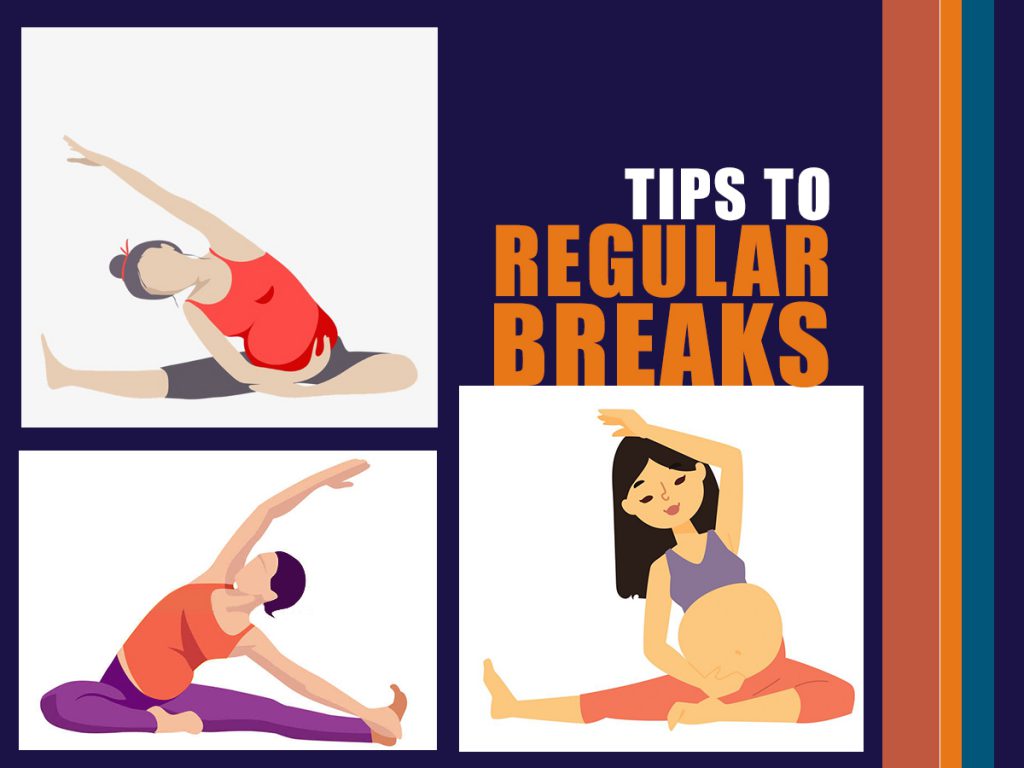
- Sleep on your side
Sleeping on the left side is helpful in reducing ankle swelling during pregnancy. When you sleep on your left side, it takes the pressure off the large vein that returns the blood from the lower half of the body to the heart.
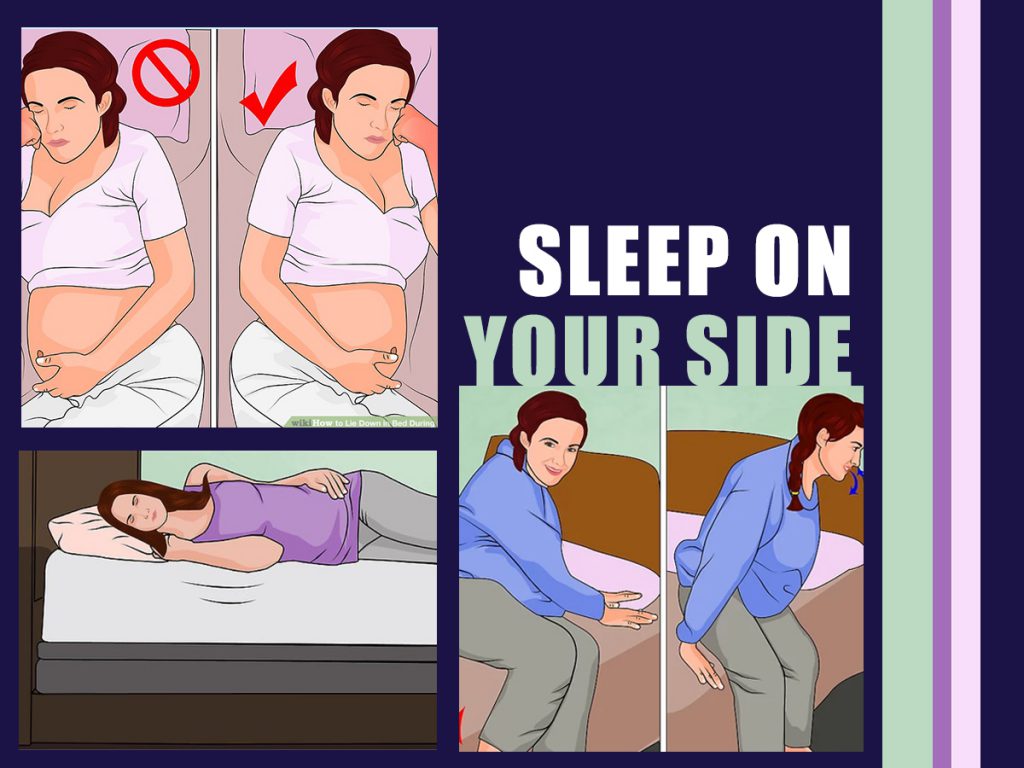
- Do physical activity
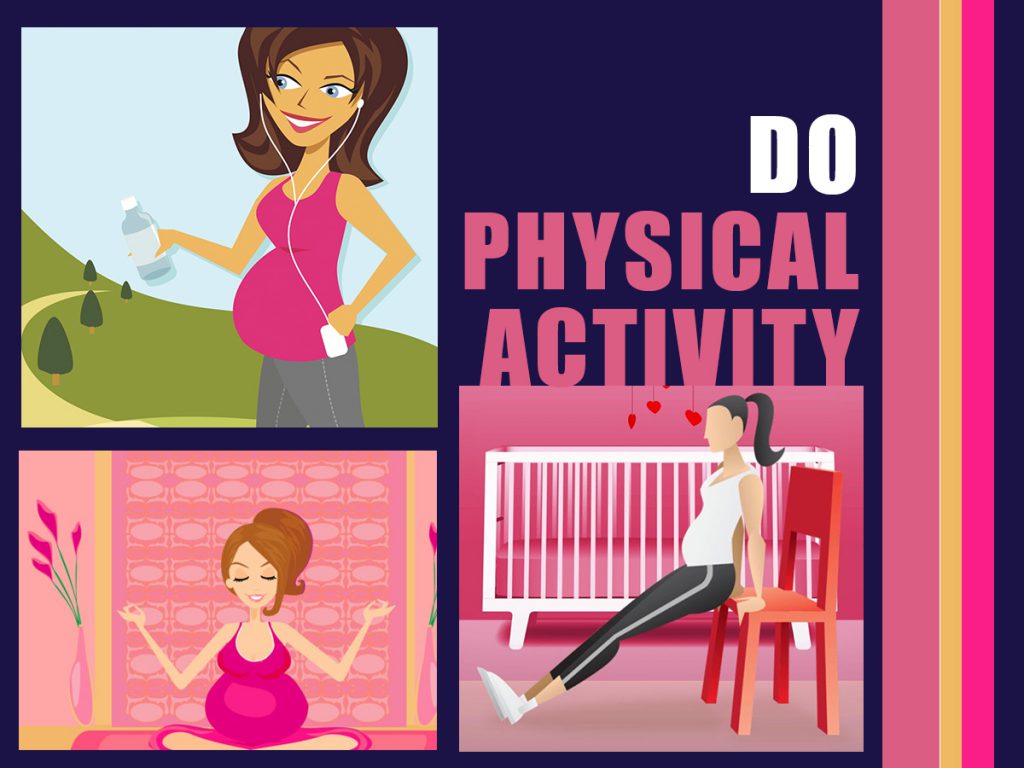
Mild physical activity is necessary during pregnancy to keep oneself active and healthy. If you can’t indulge in exercising, taking a walk daily is very helpful.
- Wear comfortable shoes
When you go out of the house, wear comfortable shoes and at home, wear a pair of soft slippers and make sure that they are not slippery.
- Wear compression stockings
You may be recommended by your doctor to wear stockings or supportive tights during
the daytime.
- Drink plenty of water and eat well

Drinking plenty of water has a positive effect on reducing overall swelling. Make sure to avoid junk foods and include healthy options in your diet.

